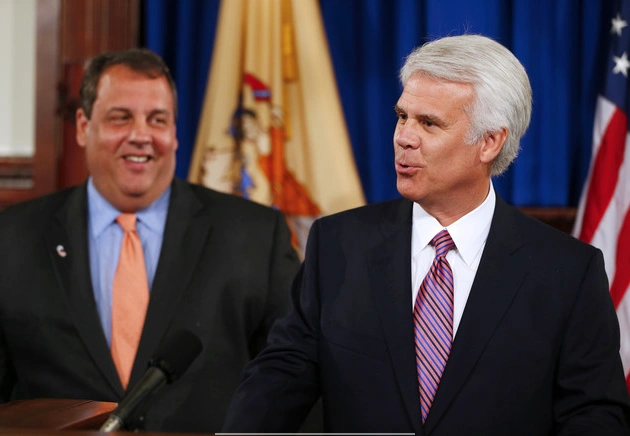
In a surprising turn of events, Monsignor Joseph Reilly, a prominent figure at Seton Hall University, has been appointed as the university’s president despite being implicated in a sexual abuse scandal involving Cardinal Theodore McCarrick.
Reilly, who has a long history with the institution, was recommended for removal from his positions following an internal investigation that revealed his knowledge of sexual abuse allegations that went unreported. However, Seton Hall has chosen to disregard these findings, reinstating Reilly and promoting him to the highest office within the university.
This decision, approved by the Archdiocese of Newark, has raised eyebrows and concerns, especially considering the potential impact on pending lawsuits and the university’s reputation. With deep roots in New Jersey’s political and Catholic landscape, Seton Hall’s choice has sparked controversy and disbelief among observers.
While facing criticism, the university stands by its decision, highlighting Reilly’s commitment to student safety and the structural changes implemented post-investigation. Despite dissenting voices, including those within the Board of Regents, Reilly’s presidency moves forward with strong support from key stakeholders.
The appointment comes amidst a broader context of accountability within the Catholic Church, particularly in light of the McCarrick scandal and subsequent investigations. Seton Hall’s actions reflect a complex interplay of loyalty, tradition, and the ongoing pursuit of justice in the face of past wrongdoings.
As Reilly assumes his new role, questions linger about the university’s priorities and the message it sends to survivors of abuse. The tension between institutional loyalty and ethical responsibility remains palpable, underscoring the challenges of leadership in a time of reckoning.
While Seton Hall moves forward with its choice, the repercussions of this decision are likely to reverberate within the university community and beyond, shaping the narrative of accountability, redemption, and the complexities of faith in a modern context.















